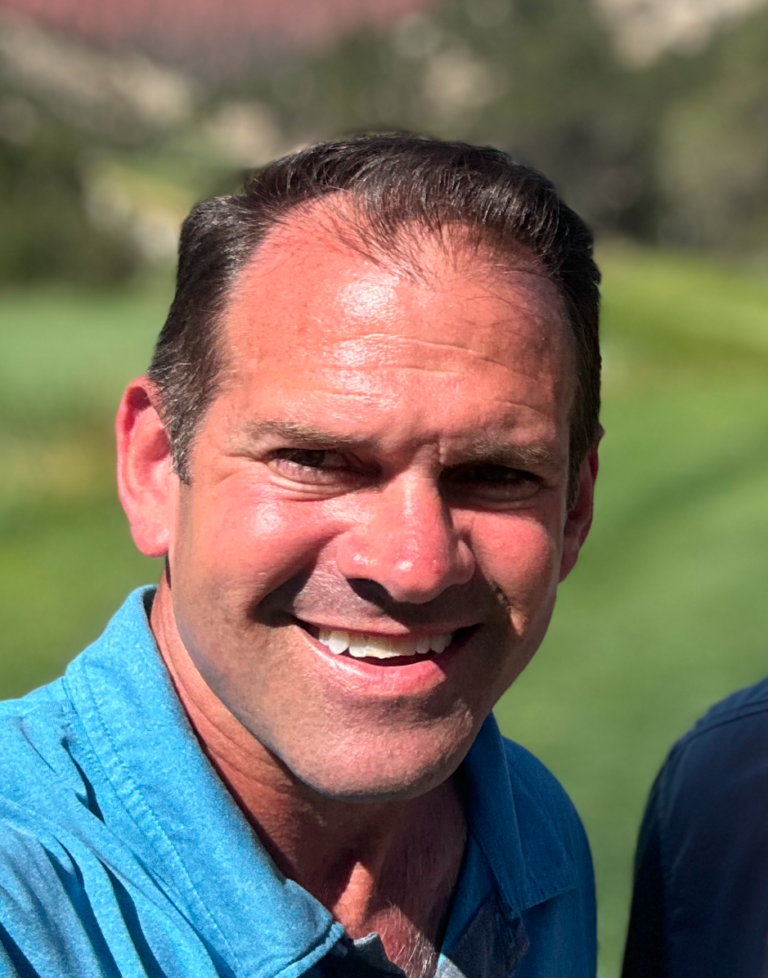The Evolution of Electrophysiology: Dr. Ian Weisberg’s Perspective
The Evolution of Electrophysiology: Dr. Ian Weisberg’s Perspective
Blog Article
Synthetic intelligence (AI) is quickly transforming the medical subject, and cardiology is not any exception. Dr Ian Weisberg, a number one expert in electrophysiology and cardiac treatment, reaches the front of integrating AI-driven technology into detecting, tracking, and treating heart conditions. His strategy promises to boost accuracy, increase patient outcomes, and revolutionize the ongoing future of cardiology.

AI-Driven Diagnostics: Increasing Accuracy
One of the very most substantial applications of AI in cardiology is their capability to analyze big levels of individual information with unparalleled accuracy. Dr. Weisberg employs AI-powered electrocardiograms (ECGs) and unit understanding formulas to find abnormalities in heart rhythms prior to when actually before. By comparing thousands of patient instances, AI can recognize subtle habits that even the most skilled specialists might miss.
For problems like atrial fibrillation (AFib) and ventricular tachycardia, early detection can be the huge difference between preventive care and a life-threatening emergency. AI-based ECG interpretation guarantees that people get appropriate interventions, reducing the chance of complications.
Predicting and Stopping Cardiac Events
Beyond diagnosis, AI is supporting estimate cardiac events before they happen. By examining factors such as for example heartrate variability, lifestyle behaviors, and genetic predisposition, AI-driven designs may recognize people at large risk for center attacks, shots, or quick cardiac arrest.
Dr. Weisberg thinks this predictive power enables physicians to get positive steps, such as prescribing lifestyle improvements, drugs, or even proposing early interventions before significant symptoms appear.
Personalized Therapy Programs with AI
Each patient's heart is exclusive, and AI is making personalized treatment programs a reality. Applying AI-powered simulations, Dr. Weisberg may tailor procedures such as for instance catheter ablations or pacemaker implantations to complement a patient's correct cardiac structure and condition. This decreases trial-and-error strategies and increases treatment success rates.
Moreover, AI assists refine dosage suggestions for heart medications, ensuring maximum performance with small side effects.
Rural Checking and AI-Assisted Cardiac Attention
One of the very most revolutionary improvements in AI and cardiology is rural individual monitoring. With AI-powered wearable products and wise implants, health practitioners may track real-time patient knowledge, alerting them to any irregularities instantly.
Dr. Weisberg sees that as a game-changer, particularly for patients with chronic heart situations who need constant monitoring. By lowering hospital visits and getting problems early, AI-powered monitoring methods assist saving lives while increasing patient comfort.
The Future of AI in Cardiology
As AI remains to evolve, Dr. Weisberg remains devoted to integrating cutting-edge technologies that make cardiology more effective, accurate, and patient-friendly. His function links the difference between technology and medicine, ensuring that AI enhances—perhaps not replaces—the individual touch in healthcare.

With AI-driven breakthroughs, cardiology is entering a brand new age where heart problems may be recognized early in the day, handled more effortlessly, and maintained with better precision. Dr Ian Weisberg Niceville Florida's groundbreaking attempts in that space offer to shape the ongoing future of cardiac look after decades to come.
Would you want any refinements or extra details on certain AI applications? ????
Report this page